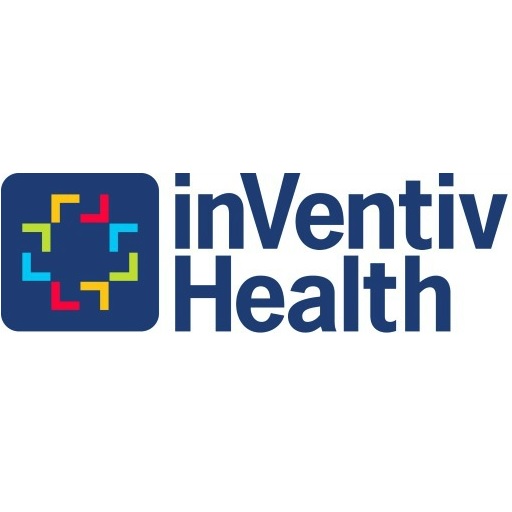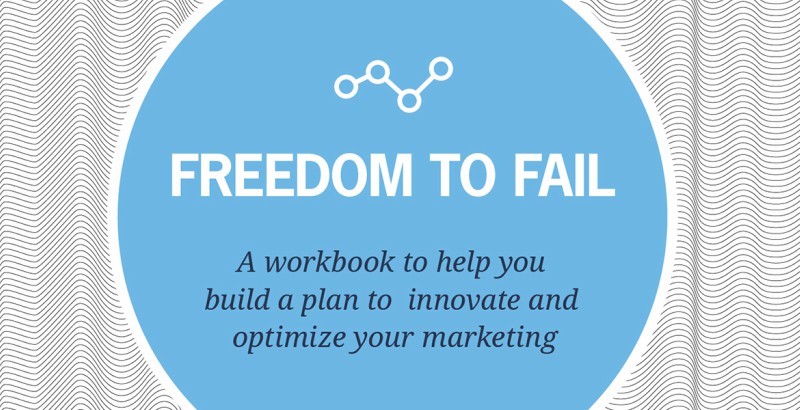inVentiv Health Communications 24 May 2016 // 6:58AM GMT

Hackers and hacks were among the hot topics last week. LinkedIn became victim (again) to a hacker that sold its user data on the dark web, and Suzuki adds itself to the list of auto industry hacks that fudged its fuel efficiency testing. And patient assistance programs came under scrutiny as an alleged means of enabling escalating drug prices.
Is your data in jeopardy? To find out, keep reading The Week That Was…
YOUR LINKEDIN CREDENTIALS….FOR SALE?
Did you receive a security email from Linked In last week letting you know your security was at risk? Well, this is because LinkedIn announced that up to 117 million (yes, you read that right) usernames and passwords went for sale on a dark web market known as “The Real Deal.” The man behind it, a dealer known as “Peace,” offered the LinkedIn usernames and passwords for a modest price of five Bitcoin, which is roughly worth $2,200. The breach is connected to the 2012 hacking, which LinkedIn originally reported had exposed 6.5 million users’ password credentials. Turns out the breach was much broader than it originally thought, and impacts 117 million user accounts today. The additional data leaked this week claims to be email and password combinations of LinkedIn members from the original theft in 2012. LinkedIn is in the process of resetting user passwords for every member who joined before 2012, who didn’t change their password since the previously-reported breach.
OUR TAKE
LinkedIn is learning customer privacy the hard way. After the original 2012 breach, LinkedIn had the option of forcing all of its then161 million members to reset their passwords, yet it chose to only invalidate the accounts of the 6.5 million passwords that were hacked. The rationale was that it would frustrate users by having all customers reset their passwords. Unfortunately, this left up to 100 million more users exposed between then and now, making it easy for “Peace” to siphon off more user data and sell it. In hindsight, a quick site-wide password reset in 2012 would have been the best move to prevent this continued threat to data security. In our increasingly insecure, digital world, LinkedIn took a big bet on its users’ concern about inconvenience -- when it should’ve been thinking security -- ultimately causing more harm than good. So friends, we’ve hopefully convinced you to reset your LinkedIn passwords. Oh, and turn on your spam filters. Security experts say it’s likely that Peace sold the user data to spam registries.
PATIENT ASSISTANCE TAKING HEAT
Last week, Bloomberg published an explosive cover story exploring whether patient assistance programs, designed to provide charitable funding to cover the costs of medicines and care for those who are underinsured and impoverished, are in fact, enabling the rising price of medicines. Bloomberg’s Bob Langreth and Benjamin Elgin detailed how biopharmaceuticals have increased funding to charitable patient assistance programs (PAPs) in recent years to the tune of over one billion dollars. They allege that, in some cases, pharmaceutical manufacturers are giving generous donations to PAP programs and earmarking the funds toward specific disease categories that their medicines treat. Critics of such programs argue this charity is not entirely beneficence, but rather, a means of increasing the price of drugs, to then, seemingly make them more affordable. One critic argued the billion dollars that the industry gives patient assistance programs is more than amply earned back by billions more in revenues from Medicare commercial insurers paying for increasingly costly medicines. Subpoenaed emails from Turing Pharmaceutical’s revealed that as the company increased the price of the drug Daraprim, it subsequently funded increased PAP donations earmarked for taxoplasmosis – the indication Daraprim treats. The emails reported in Bloomberg reveal the company’s efforts to highlight the PR benefit of its PAP programs.
OUR TAKE
The Bloomberg story sheds light on possibly uncomfortable truths that some in the industry are taking advantage of the system to raise the price of drugs. Patient assistance is designed to help those in need, and has too long been a PR crutch for the industry. But with manufacturers also receiving tax incentives for such PAP donations, it won’t be long before pols weigh in. The takeaway: supporting patients in need is good, but doing it while initiating major price hikes is a strategy that won’t work for much longer.
SUZUKI REPORTS IMPROPER FUEL ECONOMY TESTS
Car-maker Suzuki Motor admitted to using non-compliant fuel-economy testing methods on about 2.1 million vehicles for 16 vehicles it sells in Japan. The issue came to the forefront when the Japanese government asked other automakers to check their numbers after another major manufacturer had been caught in similar fuel-economy misdeeds. Suzuki said that it had not sought to mislead customers, and that their testing had not exaggerated mileage ratings. Suzuki’s chairman and chief executive Osamu Suzuki admitted that the fault came as a result of miscalculating running resistance – the effect tire friction and other factors have on performance. Suzuki company does not plan to restate any published ratings.
OUR TAKE
Haven’t we heard this song before? Yes, if this tune sounds familiar, it is because Suzuki adds itself to the list of automakers that have come under scrutiny for how they perform in government tests. This all stems from Volkswagen’s admission last year that it used "defeat devices" on 11 million diesel vehicles to lower emissions during tests. With fuel economy among the top features buyers consider when shopping for a new car, automakers are finding themselves in the crosshairs as testing irregularities are exposed. This may translate into a drop in sales as consumers look to brands that can be trusted (or, haven’t been caught yet.) We hope it’s the former.
Miss the last issue of The Week That Was? Well, fret no more… past issues can be found on our blog by clicking here.
Issues Management Team, inVentiv Health Public Relations Group


































.jpg)














